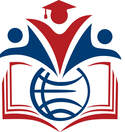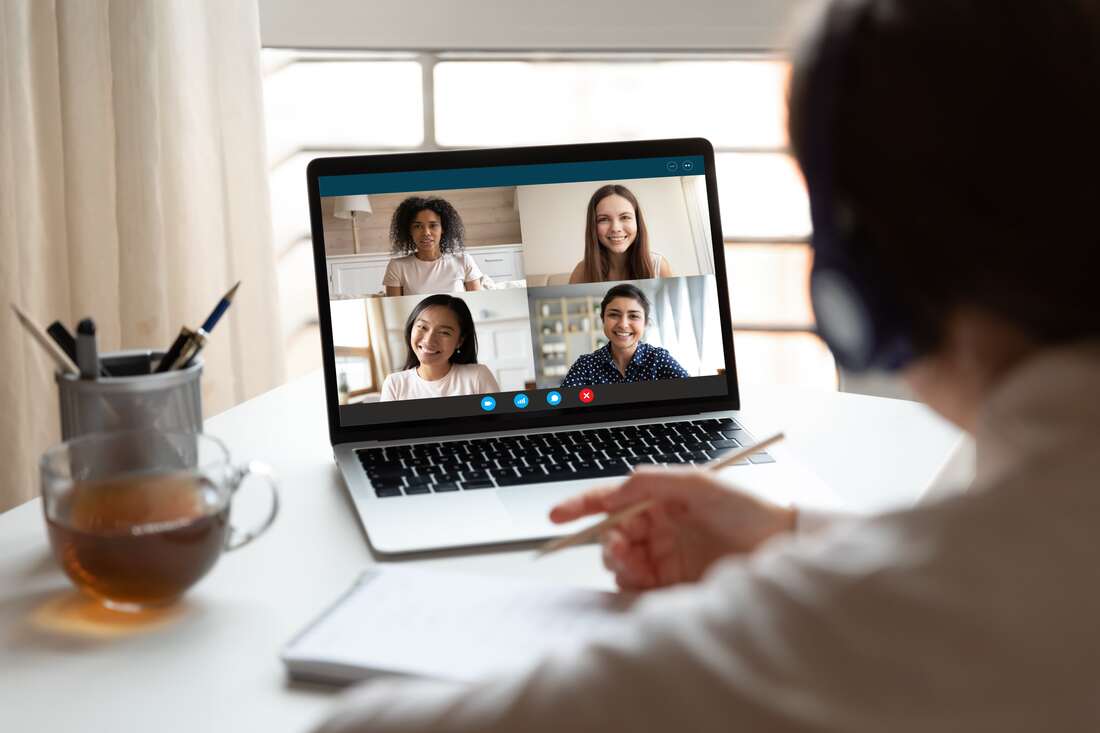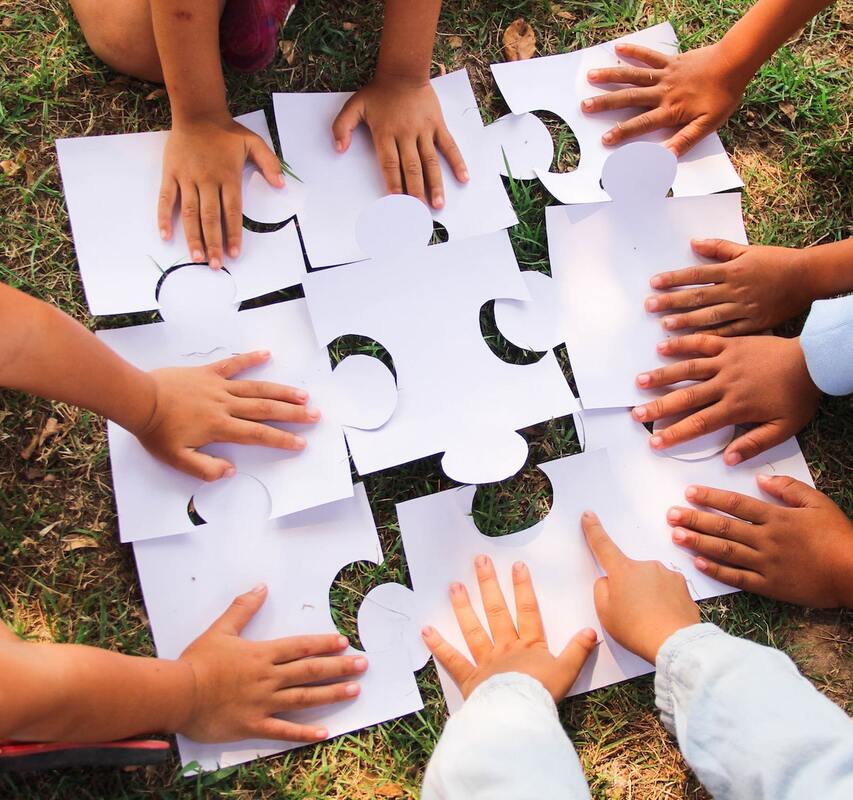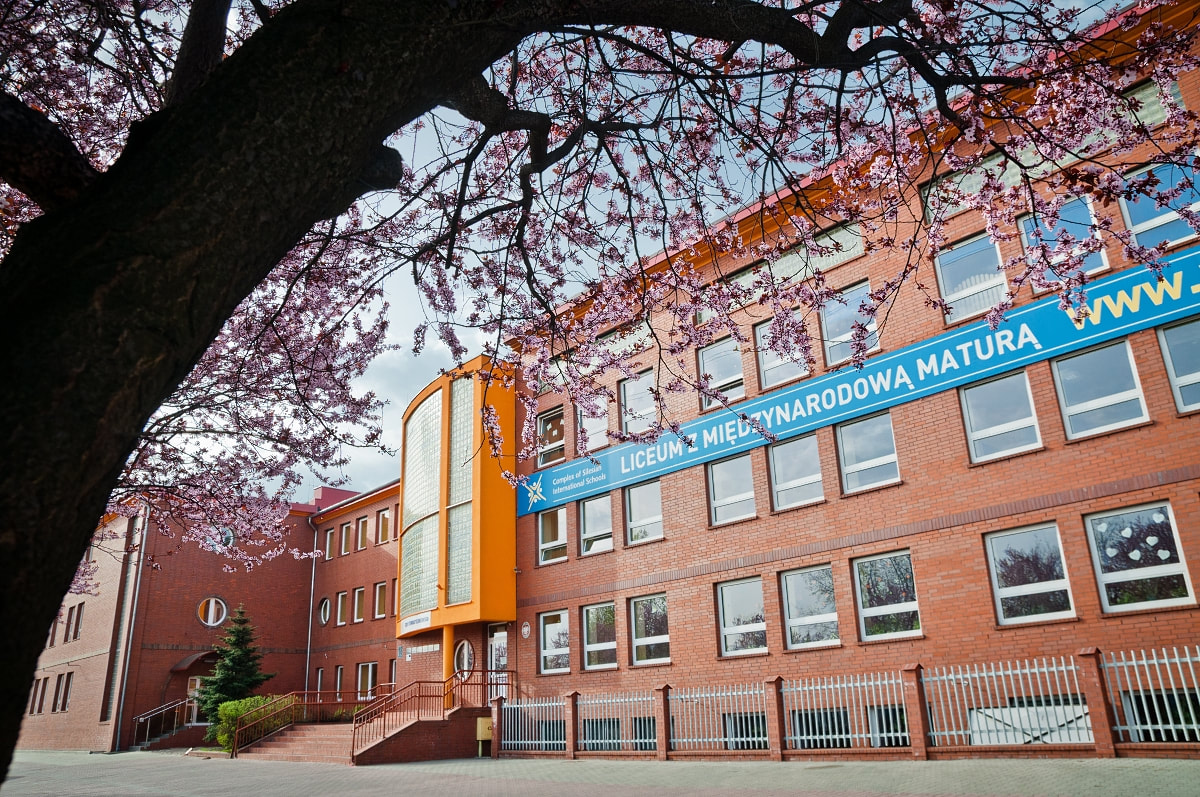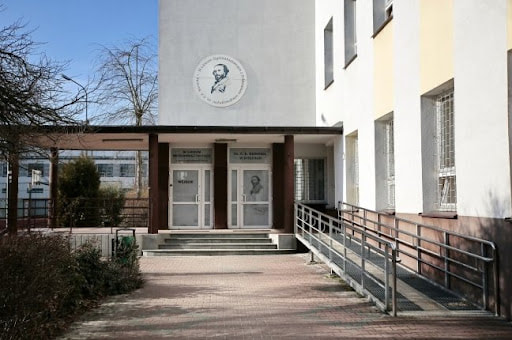|
Intercultural Education Consulting Group was founded in 2019 by Beata Mirecka-Jakubowska, an English teacher with over 35 years of work experience in IB high schools. In 2018 as a pilot for IB schools, Beata designed and brought to life an educational platform for connecting students and teachers in collaborative remote group work. Its aim was to develop communication techniques in English and to develop the skills necessary to succeed in today’s world: insightful critical thinking, teamwork, negotiation language, and many more. Each collaborative thematic unit, tailored strictly to the requirements of the new curriculum of the IB Program, integrated a wide variety of both receptive and productive skills. The platform was used in 11 iterations of collaboration by 26 IB schools from 12 countries (Asia, Europe and Central America), including the two schools joining the current project. The action plan designed at the time provided students and teachers with new experience that enhanced intercultural understanding and built a growth mindset.
|
This experience resulted in the desire to provide similar opportunities to every school in Poland. Today, the founder of IEC Group supports teenagers and young adults in a variety of Blended Learning Programs and organizes the training of group collaboration skills as part of projects in an intercultural environment. She is also involved in creating applications, designing curricula, and actively exchanging opinions on educational news. In Polish high schools, IEC Group implements intercultural communication strategies that develop students’ key skills for the modern world. In providing pedagogical consultations for teachers, the focus is on effective teaching methods, i.e. inquiry-/activity-based education & gamification. The priority is to strengthen the habit of lifelong learning. Through innovative activities, IEC Group strengthens the competences of students and teachers, requisite to living in a global society and digitized workplaces. The field for new inspiration in this area is remote and hybrid education.
up!homo
|
On the education market, the Company supports initiatives for effective knowledge transfer and learning. Specialisation area: workshops for teachers on innovative teaching techniques based on good practices from around the world; production of high- quality educational materials for young people in the fields that are important for the economy of the future. The company cooperates with teachers and enthusiasts of science and foreign languages to promote access to outstanding educators and user-friendly educational content which facilitates the learning process. The mission to equalize opportunities in education is realized through the use of modern ICT tools and universal access to the Internet. The team of five consists of experts who, for 16 years have been assisting public institutions in obtaining EU grants for improving schools in PL (with extensive experience in project coordination) and methodologists who design practical tools (including on-line) that support modern education.
|
Up!homo aims to promote high quality innovation in education. For years, teachers working with us have been testing methods of increasing learning efficacy in 8 schools. We were one of the first to offer support for schools in remote learning. Using a wealth of online resources, we devise modern revision kits for students. We strive to engage students who underachieve in the traditional learning system, helping them to obtain better results more easily. We use our broad experience in projects implemented with EEA and EU grants to support initiatives developing the Polish education sector. To strengthen competences in education and to satisfy the needs, we want to use our potential and design unconventional educational tools paired with tech-solutions. Drawing conclusions from the experiences of online learning in Poland in 2020 up!homo has observed a need to create additional possibilities for students to communicate in a foreign language and to provide opportunities to exercise collaboration skills, for example while connecting internationally. An in-depth SWOT analysis has revealed that the company has at its disposal human resources (8 professionally active teachers employed at high schools around Poland cooperating with the company) as well as a considerable potential due to its ability to connect with schools in Poland and in the EEA - which is thanks to maintaining relations formed during various cooperative enterprises. One area for improvement that has been identified is the lack of availability for teachers of modern collaborative tools for international student cooperation. The contact established in 2019 with the Menntaskólinn á Tröllaskaga school was maintained in order to implement, together with the IEC Group, a project of international cooperation of teachers and students.
Prywatne Liceum Ogólnokształcące im. Melchiora Wańkowicza w Katowicach (PLO)
Melchior Wankowicz Private High School in Katowice
Established in 1991 by Mrs. Jolanta Kałuża, the institution originated in her private residence, beginning with a modest cohort of five kindergarten children. Over the years, the demand for quality education surged, necessitating expansions and recruiting additional educators. In 1994, the school received a new building from local authorities, which underwent four expansions. These included building a multi-sports court, advanced laboratories, notably the Biology Lab, featuring specialised tables designed for meticulous animal dissections; the Chemistry Lab- furnished through innovative projects, and two advanced IT rooms.
The institution currently accommodates about 850 students enrolled in three distinct programs: the Polish national curriculum, the Cambridge Programme, and the IB program, introduced in 2007, representing the commitment to academic excellence.
The institution currently accommodates about 850 students enrolled in three distinct programs: the Polish national curriculum, the Cambridge Programme, and the IB program, introduced in 2007, representing the commitment to academic excellence.
Regarding English teaching, the approach is all-encompassing. English is seamlessly integrated into all levels and classes, starting from kindergarten. Students receive 5-6 weekly lessons tailored to their language proficiency levels. Pedagogical methods have evolved to incorporate interactive exercises, educational videos, and the flipped classroom technique. Emphasis is placed on vital skills such as speaking, listening, and pair-work while enhancing reading comprehension, grammar, and vocabulary.
|
III Liceum Ogólnokształcące C. K. Norwida z Oddziałami Integracyjnymi w Kielcach
III Secondary School of C. K. Norwid with Integration Branches in Kielce
The secondary school was founded in 1966 and has a long tradition reflecting various changes of the Polish education system. Currently about 750 students are taught by 80 teachers and the school itself has become a multi-profile secondary school. The school has three distinguishing features: a variety of educational offers, integration branches, and supportive rapport between teachers and students.
Our school tries to satisfy the educational needs of students with different interests and talents. There are both Science and Humanities classes. We teach different foreign languages such as English, German, Spanish, Italian and Russian. We have a brand new sports hall so there are plenty of opportunities to do sports here. Teachers offer abundant extracurricular activities for students, ranging from extra clubs through projects and competitions to interdisciplinary classes.
In each year there are two integration branches for students with special needs. We have a dedicated group of special needs teachers who help to integrate the students with the school community. We think the idea of inclusion is alive and natural in our school, and our community experiences the benefits of this integration on a daily basis.
In the local community, "Norwid" is famous for its legendary rapport between students and teachers. For this reason we have become the most popular school in our region, with the number of candidates still on the increase. This goes to show that the school supports its students in the didactic process and in this way additionally facilitates the learning process. We believe in building a school community based on openness, diversity and mutual respect.
Our school tries to satisfy the educational needs of students with different interests and talents. There are both Science and Humanities classes. We teach different foreign languages such as English, German, Spanish, Italian and Russian. We have a brand new sports hall so there are plenty of opportunities to do sports here. Teachers offer abundant extracurricular activities for students, ranging from extra clubs through projects and competitions to interdisciplinary classes.
In each year there are two integration branches for students with special needs. We have a dedicated group of special needs teachers who help to integrate the students with the school community. We think the idea of inclusion is alive and natural in our school, and our community experiences the benefits of this integration on a daily basis.
In the local community, "Norwid" is famous for its legendary rapport between students and teachers. For this reason we have become the most popular school in our region, with the number of candidates still on the increase. This goes to show that the school supports its students in the didactic process and in this way additionally facilitates the learning process. We believe in building a school community based on openness, diversity and mutual respect.
Menntaskólinn á Tröllaskaga (MTR)
Public Upper Secondary School in Ólafsfjórdur Menntaskólinn á Tröllaskaga (MTR)
Operating since 2010 with a motto Innovation-Creativity-Daring, the school offers an ambitious education system that supports student performance & independence. Adolescents (16-20 y.o.) are prepared for university studies with choice of Social Studies & Humanities, sports, arts, science and special ed programs. The program is based on differentiating the didactic process adapted to individual needs. MTR offers flexible learning options: in the classroom, self-study with access to school’s material, and distance learning, with 500 students enrolled, 70 in-class and 430 collaborating online this year. The experience in remote & hybrid learning has brought the staff many awards. Lockdown 2020 did not disrupt the school’s work. In the online system, students’ achievements were still very high; teachers, parents & students rated the experience positively. Willingness to share good practices, but also to create a new educational offer is the reason for MTR’s participation in the project.

